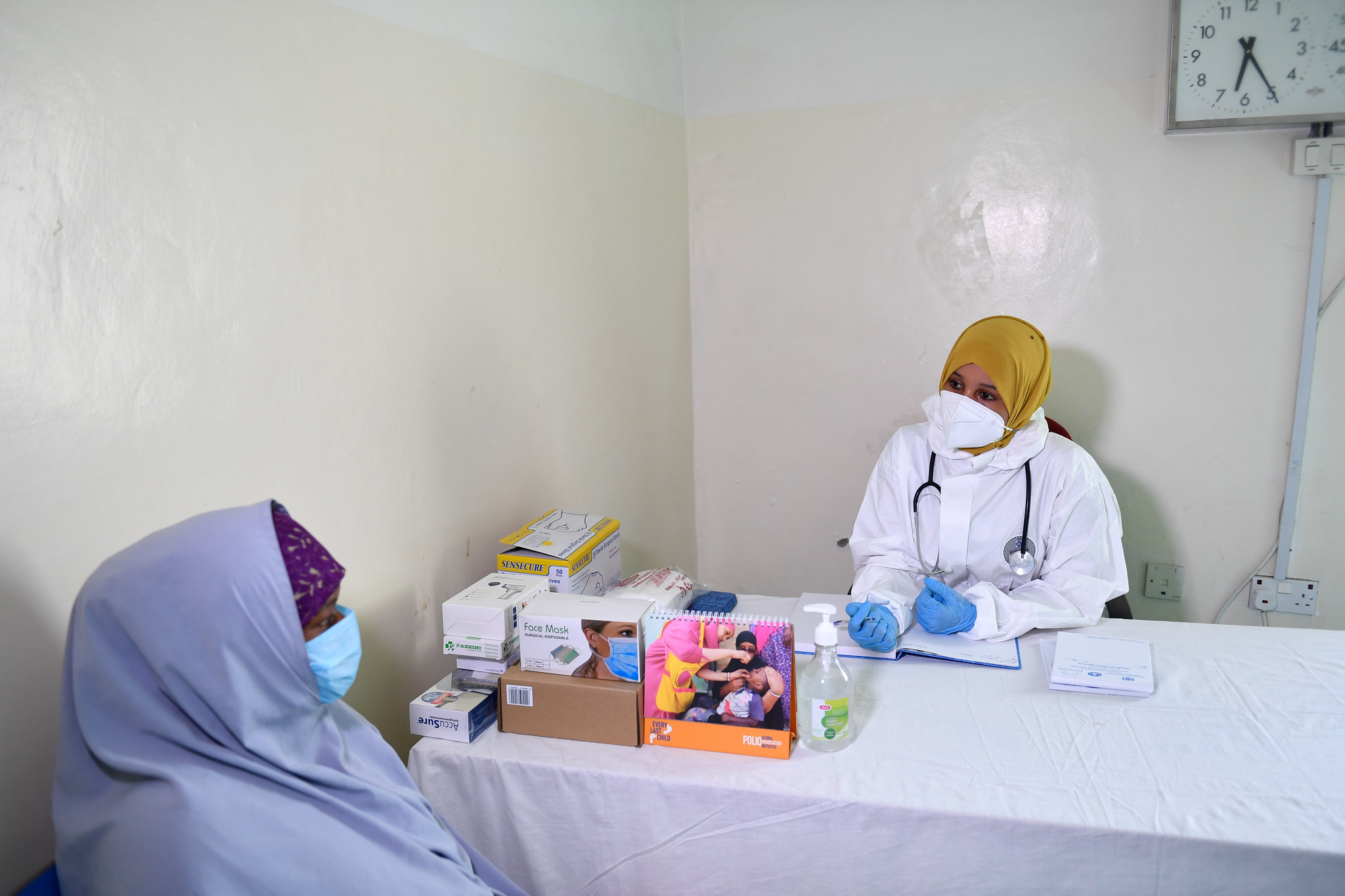
Dorien Braam is first author of a study on the impact of Covid-19 in Somalia.
There is a need for a multidisciplinary, intersectoral, inclusive response, focused on social and economic interventions, as well as public health control measures.
Dorien Braam et al
Although the impact of Covid-19 on people’s health in Somalia remains unclear, its effect on their daily lives, income and livelihoods was significant, making the country less able to withstand future shocks, according to a new study.
The study, published in Conflict and Health and led by Gates Cambridge Scholar Dorien Braam [2018 ], found that people whose health was affected by the disease remained more careful in their responses to the pandemic in 2020, but, with the lifting of lockdown in August, general resistance against measures such as facemasks and social distancing increased.
While the confirmed number of cases in Somalia was relatively low, it says lack of availability of and access to testing facilities, combined with the lack of comprehensive high quality health services, meant the unofficial disease burden is unclear.
Moreover, it says that public health responses to the pandemic exacerbated local vulnerabilities, limiting access to food and medical supplies and failing to take into account local experiences and community responses.
The researchers argue that the socio-economic consequences of the pandemic are much higher in a conflict-affected context, but are less of a focus of authorities and supporting agencies.
They write: “There is a need for a multidisciplinary, intersectoral, inclusive response, focused on social and economic interventions, as well as public health control measures. Continuous awareness raising, improved free and accessible health services, income support and a return to – or alternative – education need to be addressed to deal with the ongoing Covid-19 pandemic.”
The study employs a novel remote qualitative research method in a conflict-affected setting. Katikati is a 1-to-1 conversation management and analysis platform which uses short message service (SMS). It was developed by Lark Systems with Africa’s Voices Foundation (AVF) and enabled semi-structured interviews over three months with participants in Mogadishu and Baidoa. The researchers say it helped to sustain trusted and meaningful conversations for gathering qualitative data from hard-to-reach conflict-affected communities.
Picture credit: UNSOM Somalia












